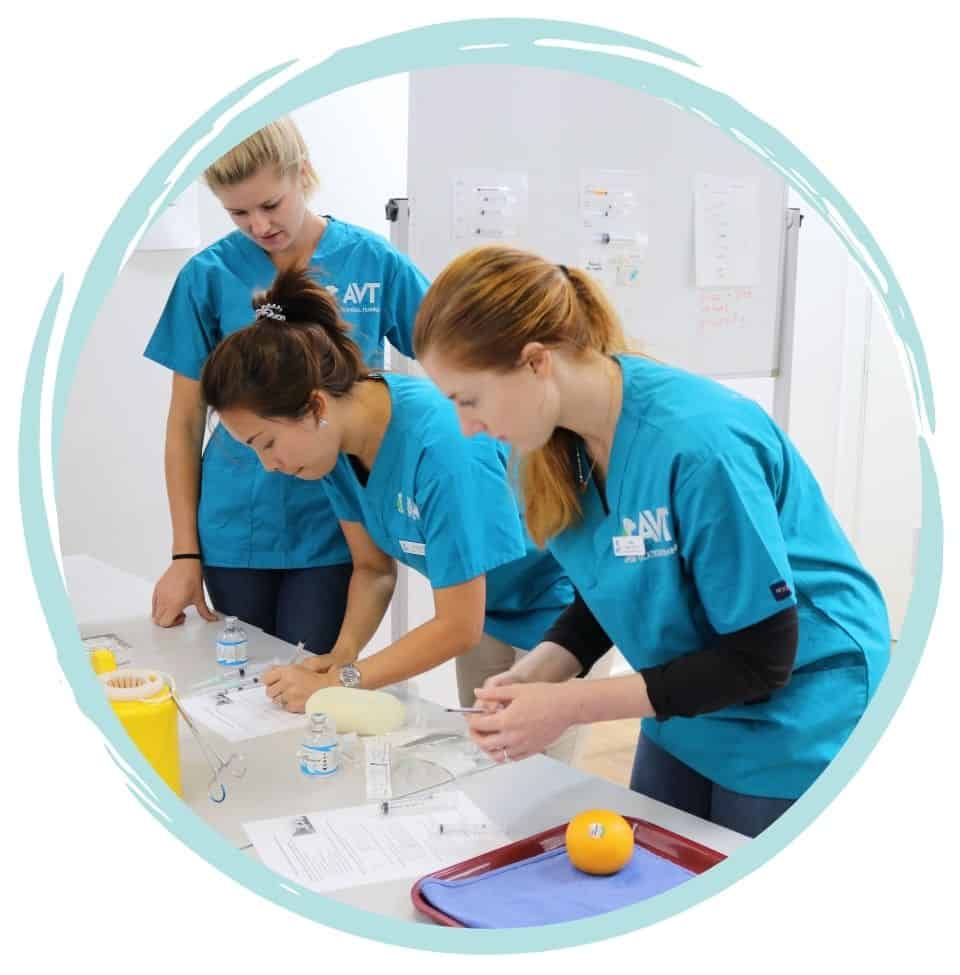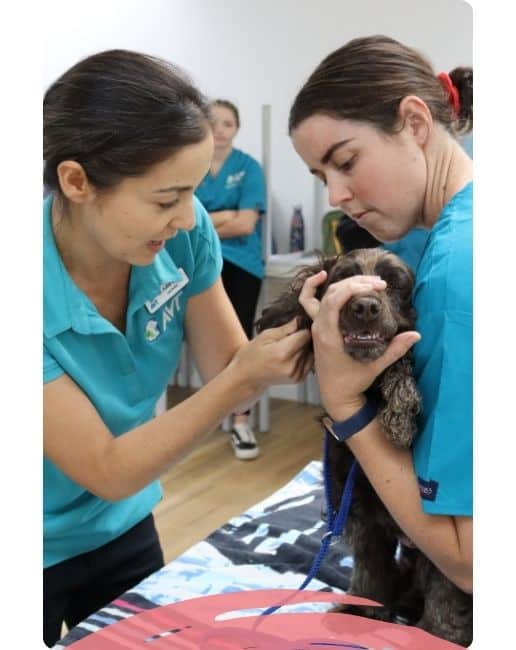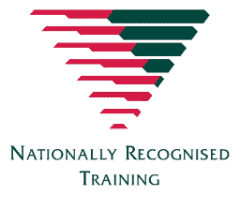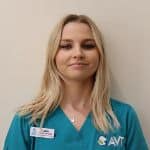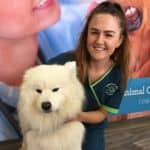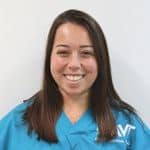Course fees
Fees vary depending on the course delivery mode, your individual circumstances, eligibility for government support, concession status, the time of intake and credit transfers. If you’re unsure whether you qualify for a Jobs and Skills WA subsidised place, please contact our Student Support team on 08 9472 1804 or request a call.
Please visit our Fees Table for detailed information on course fees.
See the veterinary nursing fees and funding page and policies page for more details. All fees are payable via our monthly payment plan.
